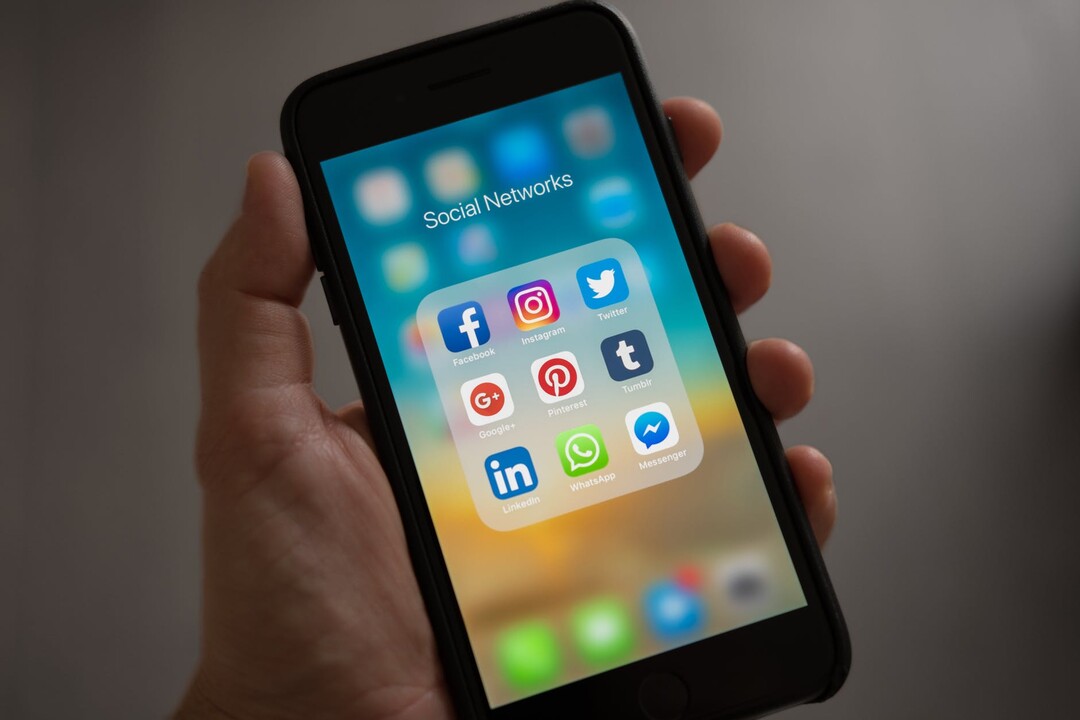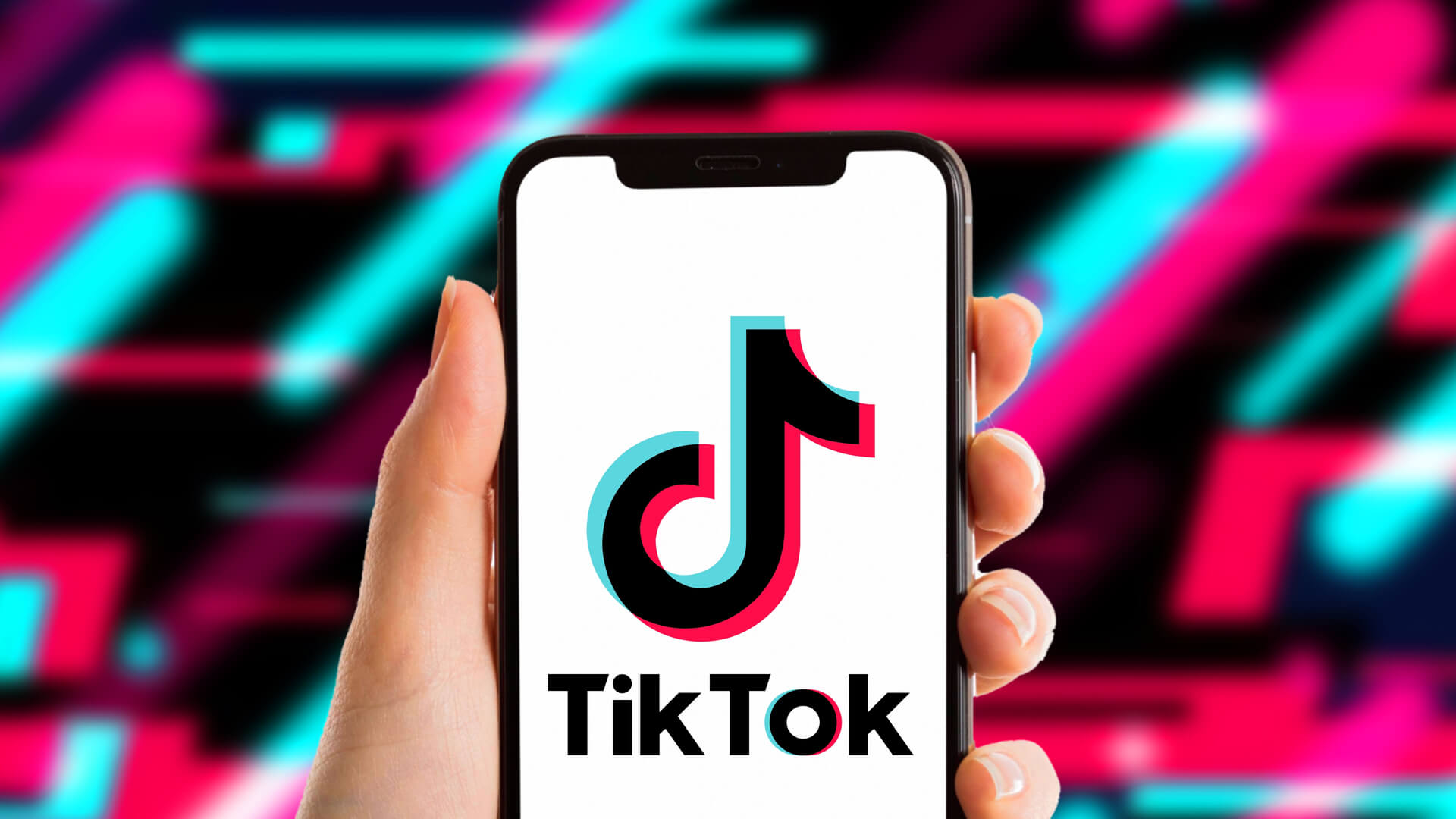In the digital age, social media has given rise to a new class of celebrities—social media influencers. These individuals, who amass large followings on platforms like Instagram, TikTok, YouTube, and Twitter, have become central figures in the modern entertainment landscape. As their popularity grows, so does their ability to monetize their fame, creating what is now known as the “influence economy.” But how do social media stars leverage their online fame to generate income? And what does this shift mean for traditional media and advertising industries? Let’s take a closer look.
The Rise of the Influencer
Social media influencers gain significant daily followers by sharing content that resonates with their audience. Influencers craft niche content that attracts dedicated fans, whether it’s beauty tutorials, lifestyle vlogs, travel adventures, fitness tips, or even gaming streams. Unlike traditional celebrities, who often gain fame through movies, television shows, or sports, social media influencers rise to prominence through consistency and engagement with their followers.
The beauty of social media platforms lies in their accessibility and the ability for anyone to become an influencer. Gone are the days when only those with traditional media contracts or substantial financial backing could gain visibility. Today, anyone with a smartphone and a unique voice can build a personal brand and gain traction on social media. Platforms like YouTube and Instagram offer tools for content creators to interact directly with their followers, fostering a sense of community and connection that traditional media cannot replicate.
Monetizing Fame: Revenue Streams for Influencers
As social media influencers grow their follower base, they unlock various opportunities to monetize their content. Here are some of the most common ways influencers capitalize on their fame:
Brand Partnerships and Sponsored Content One of the most lucrative ways influencers make money is through brand partnerships. Companies are eager to work with influencers with established credibility and a strong following, particularly those catering to niche markets. In exchange for promoting products or services, influencers are paid to create sponsored content, such as Instagram posts, YouTube videos, or TikTok clips.
These partnerships are highly effective because they come from a place of trust. Influencers often have a deep connection with their audience, and their product endorsements are seen as more authentic and relatable than traditional advertisements. According to studies, consumers are more likely to trust a product an influencer recommends than one advertised through conventional channels.
Affiliate Marketing Influencers can also earn money by sharing affiliate links to products in their content. When followers click on these links and make a purchase, the influencer receives a commission. This has become a popular way for influencers to monetize their platforms, especially on Instagram and YouTube, where creators often include affiliate links in their bios or video descriptions.
The success of affiliate marketing lies in its seamless integration into the content. Influencers share products they genuinely use or endorse, and their audience trusts their recommendations. This symbiotic relationship benefits both parties, as influencers earn a commission while brands gain exposure to highly engaged potential customers.
Merchandising and Product Lines Many influencers have expanded their brand beyond digital content by creating and selling their products. This can include anything from clothing lines and beauty products to fitness equipment and accessories. These ventures allow influencers to leverage their fame to launch personalized products that resonate with their audience.
Popular influencers like Kylie Jenner (Kylie Cosmetics) and Jeffree Star (Jeffree Star Cosmetics) have turned their online fame into multi-million-dollar businesses. These influencers can generate massive sales by marketing directly to their followers without relying on traditional retail channels.
Paid Subscriptions and Crowdfunding Platforms like Patreon, OnlyFans, and YouTube’s Channel Memberships allow influencers to generate steady income by offering exclusive content to subscribers. Fans pay a monthly fee to access behind-the-scenes content, exclusive live streams, or special perks, creating a reliable income stream for content creators.
Crowdfunding has also become a viable option for influencers seeking financial support for specific projects. Platforms like Kickstarter and GoFundMe allow creators to raise money directly from their audience for unique endeavors such as product launches, creative projects, or charitable causes.
Ad Revenue from Platforms Many social media platforms offer revenue-sharing models where influencers can earn money directly through the platform. For example, content creators on YouTube can earn money from ads shown before or during their videos. Similarly, TikTok has introduced a Creator Fund, allowing users to earn money based on the views their videos generate.
The Impact on Traditional Media and Advertising
The rise of the economy’s influence has profoundly impacted traditional media and advertising. Advertisers increasingly shift their budgets from television and print ads to digital campaigns that rely on influencer marketing. This shift is driven by the fact that influencers can target specific audiences more effectively and engage them in a way that traditional media cannot.
Moreover, social media influencers can often reach younger audiences disengaged from traditional TV and print advertisements. As a result, brands recognize that influencer marketing is not just a passing trend but a fundamental part of the future of advertising.
The Future of the Influence Economy
The influence economy shows no signs of slowing down. As more individuals turn to social media to build their brands, the potential for influencers to monetize their fame continues to grow. With the advent of new platforms and technologies, such as virtual and augmented reality, influencers will likely have even more opportunities to create engaging, monetizable content.
In conclusion, social media stars have revolutionized how fame is earned and income generated in the digital age. Influencers are shaping the future of both media and commerce through brand partnerships, affiliate marketing, merchandising, and more. As the influence economy continues to evolve, it will redefine the concept of celebrity and create new opportunities for creators and brands alike.




